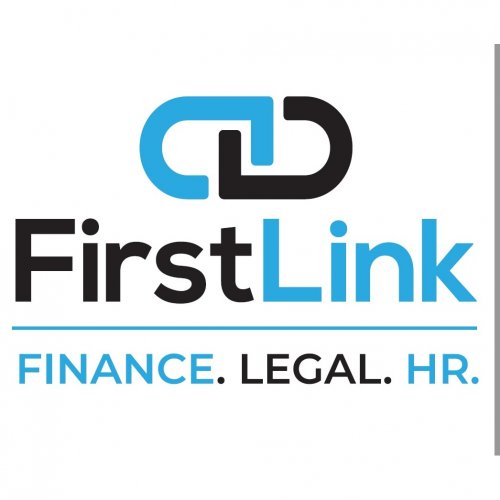Best Tax Lawyers in Port of Spain
Share your needs with us, get contacted by law firms.
Free. Takes 2 min.
List of the best lawyers in Port of Spain, Trinidad and Tobago
About Tax Law in Port of Spain, Trinidad and Tobago
Tax law in Port of Spain, Trinidad and Tobago governs the collection and regulation of taxes imposed on individuals and businesses. The main body responsible for tax administration is the Trinidad and Tobago Revenue Authority (TTRA). Tax laws are put in place to ensure revenue generation for the government to fund public services and promote economic growth.
Why You May Need a Lawyer
There are various situations where you may require legal help in tax matters. Some common situations include:
- Dealing with tax audits or investigations
- Filing complex tax returns
- Negotiating with tax authorities regarding tax liabilities
- Resolving tax disputes
- Understanding tax obligations for starting a new business
Local Laws Overview
Key aspects of local tax laws in Port of Spain, Trinidad and Tobago include:
- Income Tax: Individuals and businesses are subject to income tax based on their earnings.
- Value Added Tax (VAT): Goods and services are taxed at a standard rate of 12.5%.
- Property Tax: Property owners are required to pay property tax based on the assessed value of their properties.
- Customs and Excise Duties: Imports and exports are subject to customs and excise duties.
- Withholding Tax: Certain payments made by businesses to non-residents are subject to withholding tax.
Frequently Asked Questions
1. Do I need to file a tax return in Port of Spain, Trinidad and Tobago?
Yes, individuals and businesses meeting certain income thresholds are required to file a tax return annually.
2. What is the deadline for filing tax returns?
The deadline for filing tax returns in Port of Spain is typically April 30th of the following year.
3. How can I reduce my tax liability in Port of Spain?
There are various ways to reduce your tax liability, such as claiming deductions and tax credits, engaging in approved investment activities, and utilizing available tax incentives.
4. What penalties can I face for non-compliance with tax laws?
Penalties for non-compliance with tax laws can include fines, interest charges on unpaid taxes, and in serious cases, legal action and prosecution.
5. Can I represent myself in tax-related legal matters?
While individuals have the right to represent themselves, tax matters can be complex. It is advisable to seek legal assistance from a qualified tax lawyer who can provide guidance and representation.
Additional Resources
For further information and assistance with tax matters in Port of Spain, Trinidad and Tobago, you may find the following resources helpful:
- Trinidad and Tobago Revenue Authority (TTRA): https://www.ttra.gov.tt/
- Ministry of Finance Trinidad and Tobago: https://www.finance.gov.tt/
- Chamber of Industry and Commerce: https://chamber.org.tt/
Next Steps
If you require legal assistance in tax matters in Port of Spain, Trinidad and Tobago, it is recommended to consult with a qualified tax lawyer. They can provide personalized advice and guidance based on your specific situation, helping you navigate the complexities of tax law and ensure compliance.
Lawzana helps you find the best lawyers and law firms in Port of Spain through a curated and pre-screened list of qualified legal professionals. Our platform offers rankings and detailed profiles of attorneys and law firms, allowing you to compare based on practice areas, including Tax, experience, and client feedback.
Each profile includes a description of the firm's areas of practice, client reviews, team members and partners, year of establishment, spoken languages, office locations, contact information, social media presence, and any published articles or resources. Most firms on our platform speak English and are experienced in both local and international legal matters.
Get a quote from top-rated law firms in Port of Spain, Trinidad and Tobago — quickly, securely, and without unnecessary hassle.
Disclaimer:
The information provided on this page is for general informational purposes only and does not constitute legal advice. While we strive to ensure the accuracy and relevance of the content, legal information may change over time, and interpretations of the law can vary. You should always consult with a qualified legal professional for advice specific to your situation.
We disclaim all liability for actions taken or not taken based on the content of this page. If you believe any information is incorrect or outdated, please contact us, and we will review and update it where appropriate.













